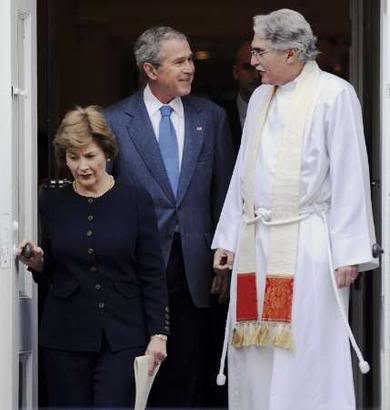It’s the last day of the regular baseball season and for fans of the Baltimore Orioles there was a very bittersweet taste to the year. What does that have to do with religion-news coverage? While many will argue that baseball is a religion (click here for a classic), trust me that I will get to the real religion hook in this post soon enough.
While our O’s narrowly missed the playoffs, the team did have another winning season and made life uncomfortable for the Boston Red Sox. Do the math, people. It’s hard to have a winning season in the American League BEast. Cleveland Indian fans should feel thankful they are where they are.
Of course, one of the other big stories here in Charm City was Chris Davis and his Babe Ruth-ian season in terms of extra-base hits and home runs.
Although Davis has been a moon-shot slamming muscle man since high school, the rate at which he hit the long ball over the past 18 months or so raised predictable questions about performance-enhancing drugs. However, insiders noted that the big man actually lost weight entering this year and increased his foot speed, trends that rarely are linked to steroids.
So, if drugs weren’t the story, then what was the X-factor that helped calm down this anger-management case, allowing him to get his act together?
Simply stated, there is the baseball side and the personal-religious side. You would think that the two stories could be blended into one, but that does not appear to be a task The Baltimore Sun team is willing to attempt, other than the occasional tiny dose of vague God talk.
Here’s my question: What if it could be argued, looking at the timeline of the Davis lift-off into superstardom, that his marriage and his return to practicing the Christian faith of his youth were actually — in terms of on-the-record facts — crucial to this sports-news story? Should a newspaper go there, asking journalistic questions about those aspects of his life and including them as PART of the story?
With that question in mind, let’s look at the new Sun story about Davis’ year. Here is the overture:
Hank Aaron never hit as many as 53 home runs in a season. Neither did Ted Williams, Lou Gehrig, Frank Robinson nor Mike Schmidt.
So with 53 homers going into the final game, Orioles first baseman Chris Davis is not only the most prolific single-season slugger in club history. He’s part of a select group that includes just 17 power hitters in baseball history.
As the Orioles wrap up their season Sunday, short of the playoffs, it’s worth reflecting on what a rare show Davis gave Baltimore fans in 2013. He found that hard to do himself, talking about his season the day after the Orioles were eliminated from postseason contention. “It’s hard to reflect and look back on personal accomplishments right now, because I still have a sour taste in my mouth,” Davis said.
So what happened? Can Davis keep it going?
Davis knows he will enter next season facing a level of outside expectation he’s never experienced. If he returns to his 2012 level — 33 home runs would’ve placed him top 10 in the majors this year — fans will crinkle their noses. But he doesn’t seem concerned.
“I’ve expected it for myself for a long time,” he said. “I had struggles in Texas, and I think that’s where I got away from it. I tried to be a player that everybody else wanted me to be instead of the player I knew I was capable of being. Obviously, when you hit 50-plus home runs in a season, you’re going to draw some attention to yourself, but I just hope that everybody counts on me to be there every day and compete. The numbers are going to be there at the end of the season.”
So that’s one valid way to write the end-of-the-year story. It’s the baseball exclusive approach. What would the personal approach look like?









